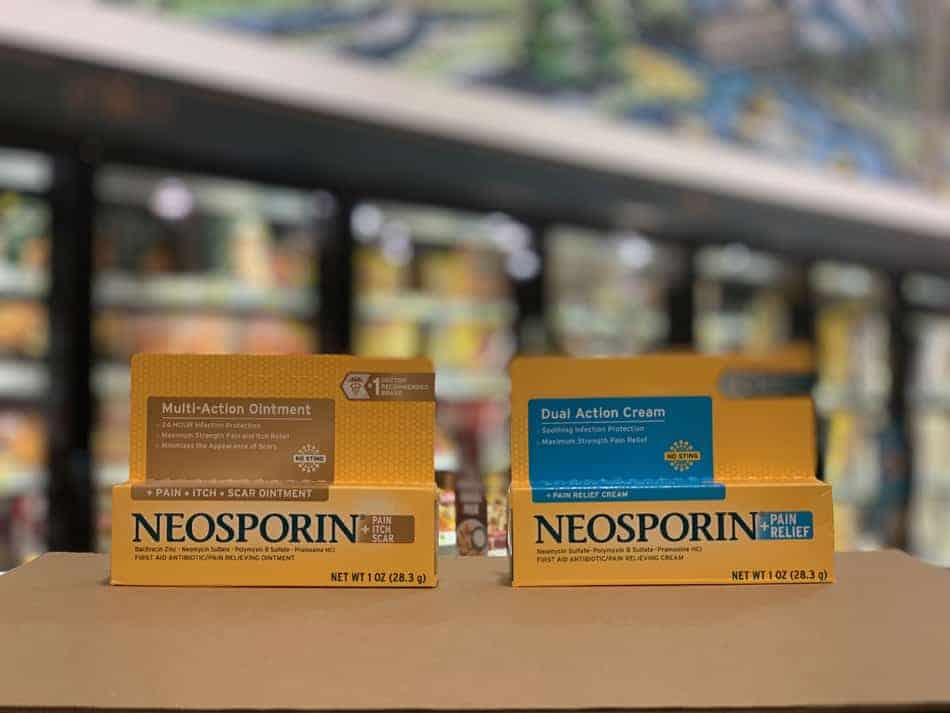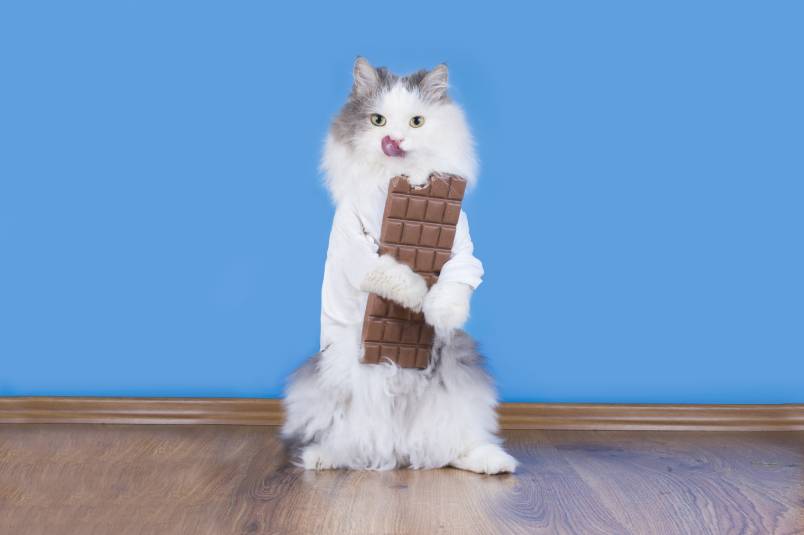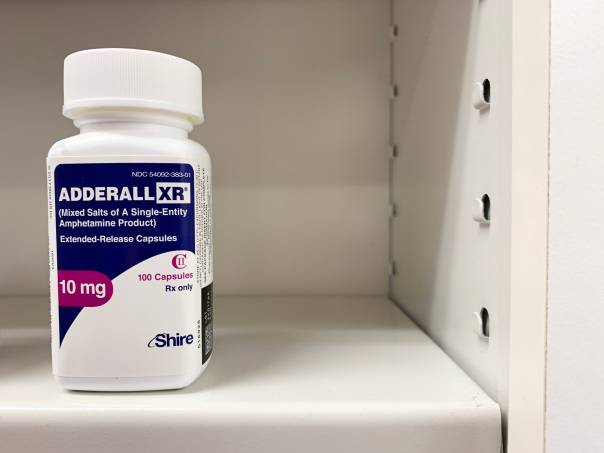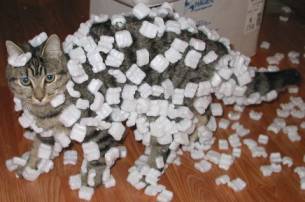Connect with a verified veterinarian in minutes. Licensed vets are available 24/7 to answer your questions. No need to worry about your furry family member.
Neosporin is a very common OTC wound treatment that many of us use to treat small cuts and wounds. But what happens if a cat eats Neosporin? Can this medication make a cat sick?
Has your cat eaten Neosporin? Are you worried the Neosporin will make your cat sick? If so, then you’ve come to the right place. We understand it’s scary when our cats eat things they shouldn’t.
In this article, we’ll take a look at Neosporin and whether or not it can make your cat sick. Let’s get started!
What is Neosporin?
Neosporin is a human over-the-counter (OTC) medication that’s used to treat and prevent minor skin infections from small cuts, burns, or scrapes. It’s available without a prescription and is easy to find in the drug store section of many stores. The product is not supposed to be used internally or on large wounds.
The active ingredients in Neosporin are neomycin, polymyxin B, and bacitracin. These are three types of antibiotics that are commonly used to treat wounds and skin infections.
Polymyxin B is a water-soluble antibiotic that’s often used to treat minor cuts and wounds.
Abrasions, also known as scrapes, are the most common type of cut that cats get. Abscesses, on the other hand, are an infection of the skin. The most common cause of abscesses is puncture wounds, but they can also be caused by a bite or scratch.
Skin irritation from a scrape or abrasion can be caused by a variety of things, including
- Contact with poison ivy or poison oak.
- Contact with the sap of an oak tree.
- Scratching or biting the cat’s own skin.
- Shaving, which can cause inflammation and irritation of the skin.
While Neosporin is safe for human use, what happens if a cat eats some of the ointment?
Neosporin on Cats
Is Neosporin safe for cats?
Neosporin t can make a cat pretty sick if he eats some of the ointment. What’s more, there is a type of Neosporin that contains pain relief medication. These are especially dangerous to cats.
Ingestion of Neosporin can cause cats to develop kidney problems. Therefore, it is not recommended to use Neosporin on your cat without discussing first with your veterinarian.
It’s possible some cats may have a severe allergic reaction to Neosporin. In other cats, the medication can make them sick with digestive problems. However, if your cat has had one small lick of Neosporin, chances are he will be OK. It is still important to contact your veterinarian if this happens, in order to discuss your cat’s individual case.
Keep him out of the kitchen, as well as any other area where he might accidentally ingest some of the ointment.
It is not recommended to use Neosporin on your cat. Your veterinarian can examine your cat and recommend safer medications that are designed for use on cats. If you are concerned that your cat has a wound, it is best to call your veterinary clinic and get your cat in for a consultation and examination.

Review symptoms, medications & behavior to keep your pets healthy with a Vet Online in just minutes.
Ask a Vet Live NowSymptoms of Neosporin Ingestion in Cat
If a cat eats some of the ointment, he may become sick and need to be treated by a veterinarian.
You may notice these symptoms if your cat has eaten some Neosporin:
Severe allergic reaction
- Major breathing difficulties
- Diarrhea
- Vomiting
- Excessive drooling
- Excitement
- Incoordination
- Shock
- Seizures
- Coma
- Pale gums
- Fast heart rate
- Facial swelling
- Hives
- Severe itching
If your cat has developed any of these symptoms, then phone your veterinarian immediately and explain what has happened. This may be a medical emergency. Your cat could die from a severe allergic reaction.
Digestive symptoms
- Diarrhea
- Vomiting
- Lethargy
- Lack of appetite
- Stomach upset
If your cat has developed severe diarrhea and vomiting, then it’s a good idea to call the emergency vet. The concern here is that these can lead to dehydration, which can be very dangerous for your cat.
Seeking prompt veterinary attention for your cat will give them the best chance of making a full recovery and hopefully have them back to feeling like themselves soon.
Connect with a verified veterinarian in minutes. Licensed vets are available 24/7 to answer your questions. No need to worry about your furry family member.

Evie Moloney, RCVS
This article has been reviewed and approved by an independent Veterinarian: Evie is a vet surgeon who graduated from the University College Dublin, which is the only university offering the veterinary medicine degree in Ireland. She really enjoys surgery and has also worked as an emergency and critical care vet. She is passionate about sharing education about preventative health care for pets, especially the importance of regular dog and cat teeth brushing at home. She also enjoys helping owners find practical solutions for keeping pets as comfortable as possible while living with conditions such as arthritis. When not working, she enjoys hiking and swimming.
Review symptoms, medications & behavior to keep your pets healthy with a Vet Online in just minutes.
Ask a Vet Live Now




